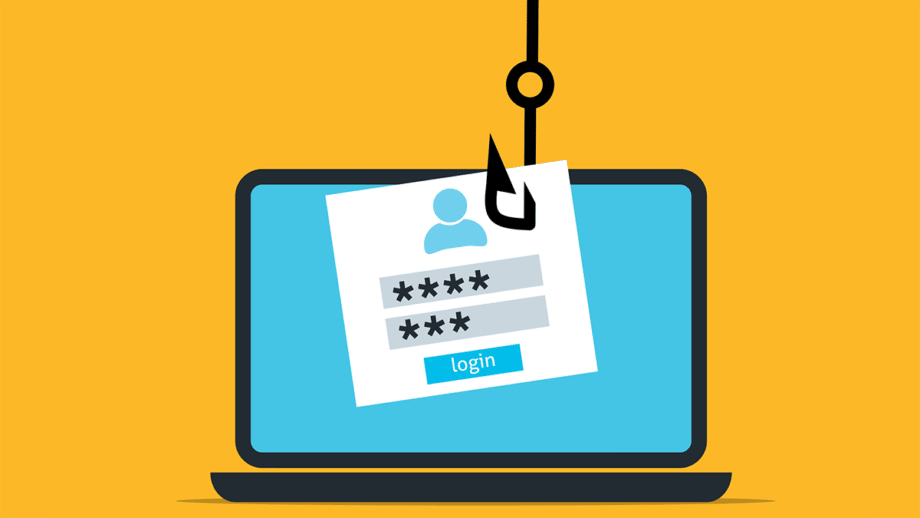We’ve never been more aware of our online privacy and the number of websites and apps that track us as we browse the internet. So many websites and apps are using online tracking that it’s become normal, and many users are complacent regarding their data being collected. However, there are risks to being tracked. So, how can you protect yourself and evade these trackers?
This article will explore how and why you’re being tracked. We’ll also look at nine different measures you can take to protect your data and evade trackers. Some of the measures include using a rotating proxy for IP rotation and private browsers and user-agent switchers.
- How are you tracked online?
- Why are you being tracked?
- Ways to protect against online tracking.
How are you tracked online?

Websites and apps track users by using various methods. By using multiple ways to track a user, they can ensure to collect a lot of data, even if users block one method as others will fall in its place. Some of the biggest websites that use tracking include Google, Facebook, and Amazon, but there are thousands of websites that use online trackers. In 2020, Google and its various applications dominated online tracking with a global reach of 80.3%, followed by Facebook and then Amazon. The number of trackers online keeps increasing as businesses require more data for marketing purposes and selling as an additional income stream. The ten biggest trackers online include:
- Google Analytics.
- Google Static.
- Google Tag Manager.
- Google Fonts.
- Google.
- Facebook.
- DoubleClick.
- Google APIs.
- Google Ad Services.
- YouTube.
So, what methods do websites use to track a user? Let’s have a look at the three most common online tracking methods.
1. IP address
Your IP address is directly linked to your network. It is a unique numerical identifier that can never be given to multiple users simultaneously. Your IP address is also critical for using the internet as it facilitates communication between the user and the web servers. So, no IP means no internet access.
You may think that your IP address is just a random string of numbers, and it would appear so at face value. However, your IP address also contains a lot of your personal information, which it shares with the website to improve your browsing experience. Your IP address can contain your name, location, ISP, browser, and device details. By tracking your IP, websites can even see what shops you visit, restaurants you frequent, and even where you spend the night.

2. Cookies
Cookies are tiny files left on your device once you’ve visited a site. These cookies aim to improve your experience on the site by remembering your browsing preferences. They also have access to the personal details linked to your IP address. They can also be used to track a user and see what websites you visit after leaving and even the search queries that you type into your search engine. Cookies can be blocked from within your browser settings, but this might impact how you experience a website.
3. Beacons
Web beacons are frequently used alongside cookies to collect more user data as they browse the internet. These beacons are transparent images that are stored on your device when you access a website. Web beacons can track how you use a website and where you go after visiting a website. However, one thing that makes them different from cookies is that they cannot see your personal information. At the moment, there is no separate way to block tracking through beacons. But if you change your settings to block cookies, it will also keep beacons from tracking you online.
4. Device fingerprinting
Device fingerprinting is a newer technique used by websites and individuals to track users as they browse the internet. The device fingerprinting relies on various factors to create a unique identifier of the user. This includes your IP address, device information, HTTP requests, browser, extensions, and more. By combining all this information, websites get a clear image of you and your preferences and can use this unique fingerprint to track you.
Why are you being tracked?

Data – everything online is about data. Data has become an extremely important commodity. By tracking how you use a website, your online searches, and other websites you visit, these individuals can collect more of your data. This includes personal details such as your name, surname, location, IP, and even your interests.
By having all this information, websites can curate personalized or targeted ads just for you. While this might be better than receiving random ads for products you’d never even consider, it is annoying and can be dangerous. How can you guarantee what happens to your data? How can you know that marketers are protecting it? What keeps your data from ending up in the wrong hands?
What happens to your data?

Most of the time, your data is used for targeted marketing. With access to this data, businesses can curate better ads and target the right people. However, it isn’t only digital marketers that want your data. Unfortunately, hackers, cybercriminals, and other malicious individuals want your data to launch various attacks such as phishing, ransomware, spreading malware, and identity theft.
9 ways to protect against online tracking

Protecting yourself online is critical to ensure your anonymity and security while browsing. Since there are so many ways that you can be tracked, it’s best to implement a few different protection measures. Here are a few ways to protect yourself from being tracked.
1. Use rotating proxies
A rotating proxy is the best way to hide your IP address and keep websites from tracking you. A rotating proxy will replace your IP address with one of its own with each new request you make. As such different websites will see different IPs making it impossible for them to track you. Getting a rotating proxy with good IP rotation should be your first concern if you’re serious about online anonymity.
2. Changing browsers
Another way to confuse websites that try to track you is by frequently changing your browser and clearing your cookies, cache, and history after using each browser. Since your browser information is used to create a digital fingerprint, switching between browsers will make it harder for websites to track you.
3. Using browser agent switchers
You can consider a browser agent switcher if you don’t like using multiple browsers. These often come as browser extensions or add-ons and can be used to disguise your browser and make websites think you’re using a different browser. For example, you can use Chrome but set the browser agent switcher to tell websites that you’re using Internet Explorer or something else.

4. Use private browsers
Private browsers are also a great way to protect your online anonymity. Truly private browsers, like Tor, do not track you, and they do not disclose your IP address and other details to websites. They also erase your browsing record when you close the browser.
5. Check your privacy settings
Social media sites like Facebook are well known for tracking users online. To keep your information anonymous on these sites, you should check your privacy settings frequently and ensure that your accounts are private.
6. Don’t store personal data in public storage
Although public storage spaces such as Dropbox or OneDrive are convenient to use, they can easily be hacked. As such, it’s recommended that you don’t store personal information such as ID, financial information, and others here to ensure that you add extra protection such as password access.
7. Use strong passwords
Make sure that any accounts you create have strong passwords that contain uppercase and lowercase letters as well as numbers and symbols. It’s also a good idea not to use the same password across multiple accounts because as soon as a hacker has cracked one password, they can also crack your other accounts.

8. Review all app permissions
Whenever you install an app and open it for the first time, it may request permissions to your files, camera, mic, or location. In some cases, the app requires this information to function, like a navigation app needing access to your location. However, there are also some cases where apps use these to track you and collect your data. For example, why would an online game need access to your documents? That’s why it’s important to review your app permissions, disable any that aren’t needed for the app, and ensure that the permissions are only enabled while the app is in use.
9. Stay private from public Wi-Fi networks
Public or free networks lack a lot of security and anonymity. Anyone that’s connected on the same network can track you or see your personal details if they have a bit of know-how. As such, staying private and not sharing personal details while on public networks is important.
Final thoughts

You can never know exactly how you’re being tracked as the ways used keep evolving. Similarly, you can never be sure exactly what happens to the data that’s been collected. As such, it’s essential to use many different methods to keep from being tracked and never link accounts and log in with Google or Facebook, as this gives them even more data.





